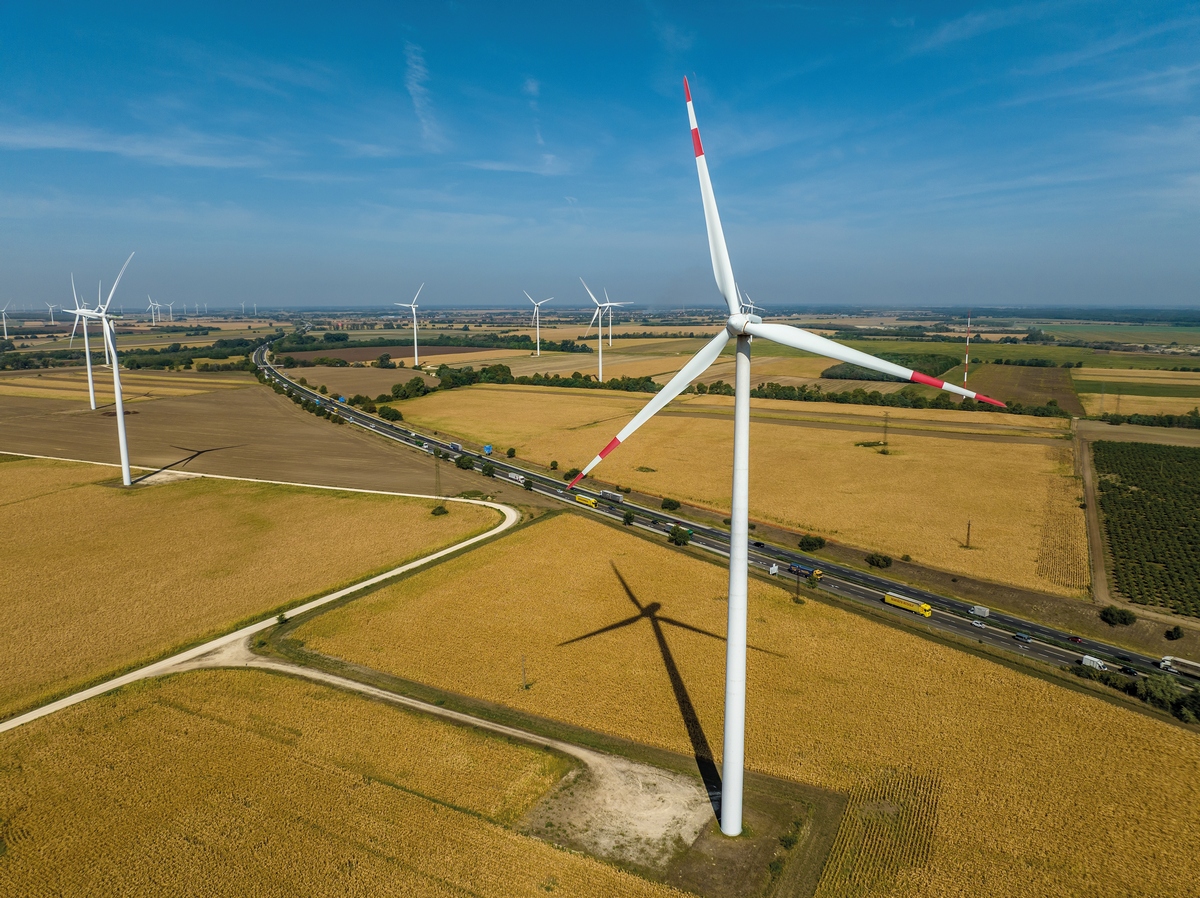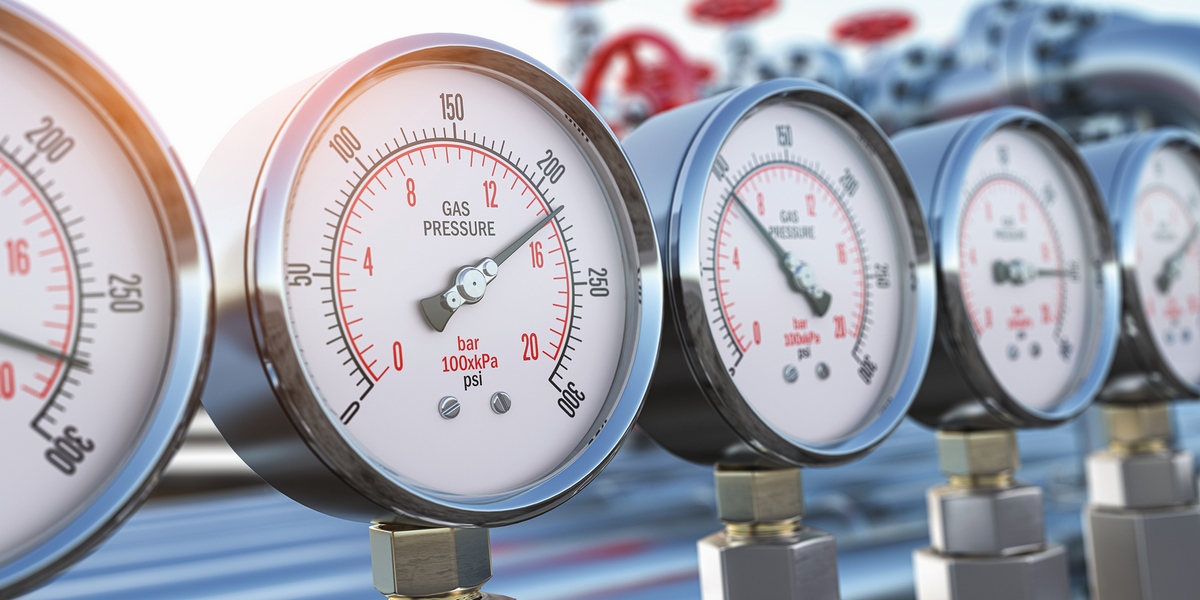During the major energy crisis in Europe, Hungary and Serbia tied their relations and even planned more investments in innovative technologies.

Serbia and Hungary have excellent political and bilateral relations. Hungary is an important trade partner of Serbia, the third in terms of exchange among the EU countries and the sixth overall.
At the end of July, Hungary declared a state of emergency in the energy sector, including a ban on the export of energy, which worried the European Union administration and other member states. According to the first assessment of Hungary’s crisis package, the export of gas rented storage slots to Serbia would be exempted from the ban. Serbia agreed with Hungary to store 500 million cubic meters of gas in its storage facilities for use during the winter season. For Serbia, it is also essential to have the possibility to import electricity because domestic production won’t be able to cover consumption.
While these measures triggered a dispute with the European Union which insists on solidarity during energetic crises, Serbia, however, will cherish good relations with Hungary. The neighbour from the North showed high solidarity with Serbia by inking many deals in the energy sector that could establish a reliable natural gas supply.
“We want to work together in the energy transition process. We believe Hungary can help us be even more efficient in that process. Regardless of everything that is happening and the energy crisis in Europe and the world, there is no avoiding the energy transition because it is a step towards greater energy security,” said Serbian deputy prime minister and minister of mining and energy Zorana Mihajlovic.
The Government of Hungary intends to increase coal production as much as possible, activating the Matra thermal power plant as soon as it can and extending the lifespan of the Paks nuclear power plant
Most likely, there won’t be enough natural gas for the heating season, which worries many countries, including Germany, the largest one. Hungarian administration stated that gas in storage could cover consumption for three months only. That’s why Hungary will increase domestic gas production from 1.5 billion to two billion cubic meters per year.
The Government of Hungary intends to increase coal production as much as possible, activating the Matra thermal power plant as soon as it can and extending the lifespan of the Paks nuclear power plant. Hungarian minister Gergely Gulyás said that limiting electricity and gas prices for all households simply isn’t possible amid a war-induced energy crisis. Subsidised prices will therefore be maintained only up to the average consumption, set at 210 kilowatt-hours (kWh) of electricity and 1,700 cubic meters of gas per month. He added that households with higher consumption would have to pay market prices for everything spent above the limit.
Hungary’s storage facilities, with a total capacity of 6.33 billion cubic meters, are 44% full, with 2.74 billion cubic meters. It is the lowest amount on a seasonal basis in the last four years, well below the 4.5 billion measured a year ago and 5.4 billion cubic meters a year before.
Deputy Prime Minister and Minister of Mining and Energy, Zorana Mihajlovic said in talks with her Hungarian colleague Mr Szijjarto that along with the existing Balkan Stream gas pipeline, the project of building a gas interconnection between Serbia and Bulgaria is essential for the energy security of the region, which will enable the diversification of routes and natural gas suppliers.
According to the 15-year contract with Gazprom signed last year, Hungary receives 3.5 billion cubic meters of gas annually through the Turkish Stream pipeline via Bulgaria and Serbia, and another one billion via Austria. Gas secures 85% of Hungary’s heating needs, while the country imports 65% of its oil and 85% of gas from Russia.
Minister Szijjarto especially emphasised the importance of a stable supply of natural gas to Hungary through the territory of Serbia and expressed the readiness of the Hungarian side to improve relations in the field of energy further.
Joint strategy for hydrogen technologies
Earlier this year, Zorana Mihajlović held a meeting with Gyorgy Kobor, president of the Hungarian company MVM Group, and representatives of the Hungarian Embassy in Serbia. Gyorgy Kobor stated that this company plans to operate in Serbia and Belgrade as the centre of the entire region.
“The future is in the exchange and distribution of energy. We are interested in working together to improve the distribution network as part of the European network. Also, Serbia and Hungary are involved in constructing the gas pipeline and the topic of the inflow of Russian gas. There are many investment opportunities. We want to invest in Serbia; that’s why we are here, to explore all opportunities and possibilities,” said Kobor.
Mihajlovic confirmed that Serbia is in the process of preparing a new national plan for climate and energy and working on a new strategy in energy. The first step is to adopt a new law regulation on renewable energy sources said minister Mihajlovic, simultaneously revealing the plan to run a new investment plan in mining and energy worth 15 billion euros.
The project of building a gas interconnection between Serbia and Bulgaria is essential for the energy security of the region
Speaking of renewable energy, the two countries confirmed a joint strategy. Earlier this year, Serbian deputy prime minister Zorana Mihajlovic and Hungarian minister of Foreign Affairs and Trade Peter Szijjarto agreed that Serbia and Hungary are partners in the energy field and will work together on the development of hydrogen technologies.
Minister Mihajlovic and the Minister of Technology and Industry of Hungary, László Palkovics, signed the Memorandum of Understanding on renewable hydrogen between the two ministries. The signing of the memorandum was preceded by a meeting of the delegations of the two ministries, which was also attended by the Hungarian ambassador to Serbia, H.E. Attila Pinter.
“The hydrogen strategy will be integral to the new energy development strategy, which is being drafted. Given that Hungary has already adopted a hydrogen strategy, it would be essential for Serbia to exchange experiences and work on a common approach in the field of green hydrogen. Also, Serbia has prepared a new investment plan, in which the focus is on the construction of new hydroelectric power plants and new capacities from renewable energy sources, where there is also room for cooperation between the two countries, “said Mihajlovic.
Palkovics said that the issues of availability, access, and price of energy are critical today and that the issue of energy independence has also been added to them. He said that the area for which the memorandum was signed today includes important topics such as the production, storage, and transport of hydrogen and that Hungary, which already has some experience, is ready to share with Serbia its strategies and regulations as well as investment plans and projects.
